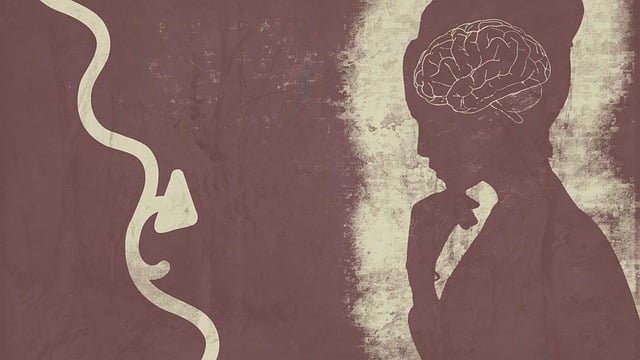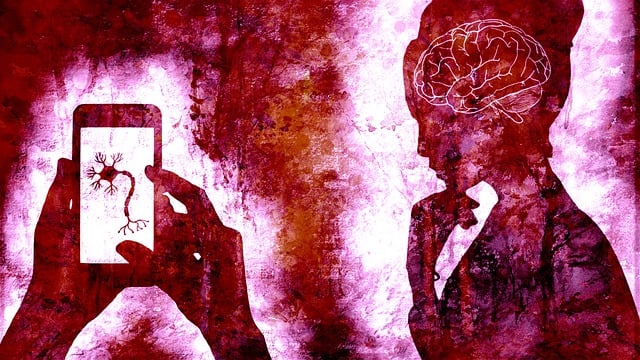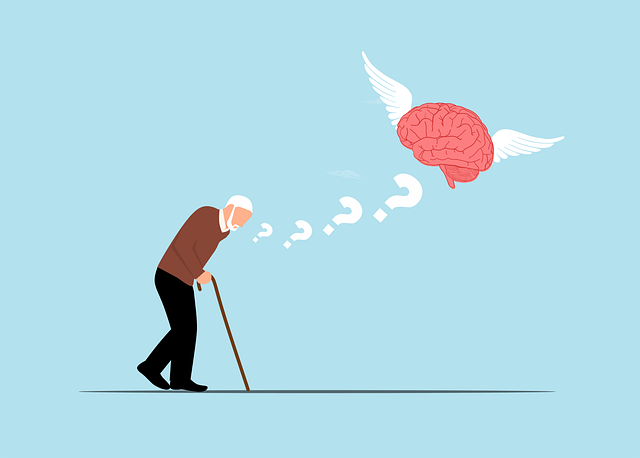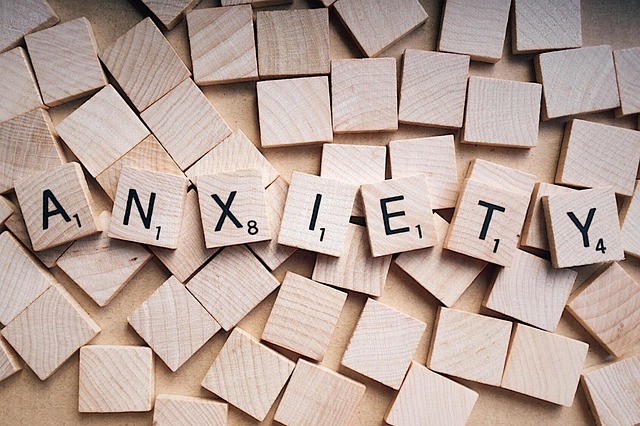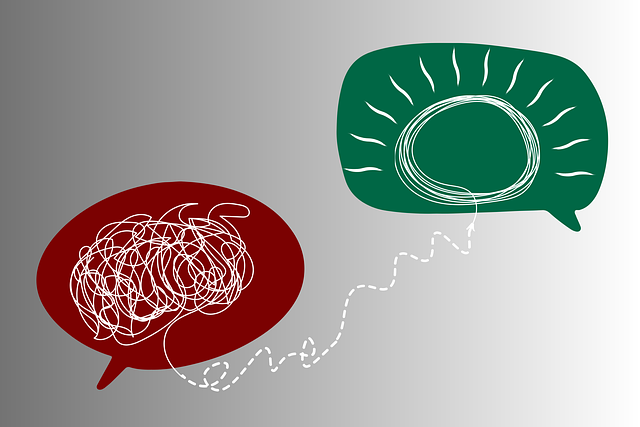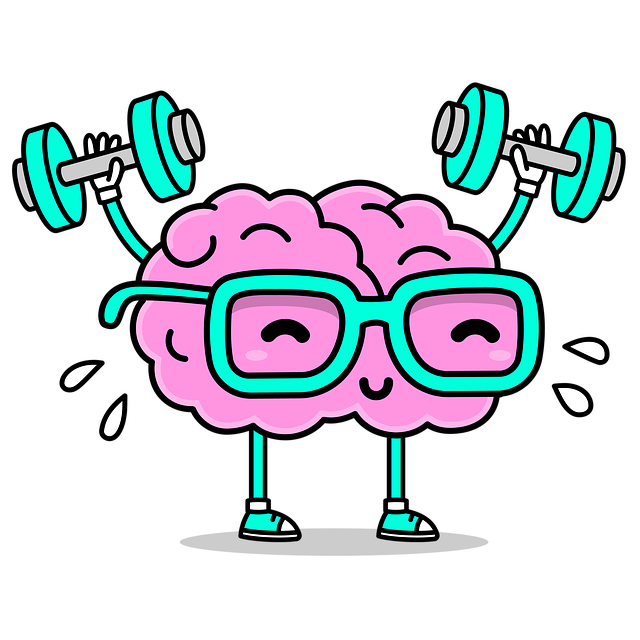Mental health advocacy in Littleton fosters understanding and reduces stigma, promoting emotional well-being and encouraging individuals to seek help for communication issues in couples. Specialized therapy sessions play a vital role in destigmatization, offering tools for emotional management and mood regulation. This holistic approach strengthens relationships, creates supportive communities, and enhances overall mental wellness among residents. Specifically, Littleton Couples Communication Issues Therapy guides partners in fostering open dialogue, resolving conflicts, and rebuilding connections through compassion cultivation practices, ultimately strengthening bonds and normalizing discussions about mental health.
Mental health advocacy is a vital cornerstone for fostering supportive communities, especially in cities like Littleton. This article explores three key aspects of mental well-being: understanding advocacy’s power, the role of therapy in couples’ communication, and breaking the stigma through effective strategies tailored to Littleton. Discover how these initiatives enhance access to care and promote open dialogue, addressing critical issues like communication problems among couples seeking therapy in Littleton.
- Understanding Mental Health Advocacy: A Cornerstone for Community Support
- The Role of Therapy in Empowering Couples: Unlocking Communication and Connection
- Breaking the Stigma: Strategies for Effective Mental Health Advocacy in Littleton
Understanding Mental Health Advocacy: A Cornerstone for Community Support

Mental health advocacy is a powerful tool for fostering support and understanding within communities. It involves raising awareness about mental wellness, breaking down stigmas, and empowering individuals to seek help. By advocating for better mental health care, initiatives can lead to improved access to resources such as therapy and counseling services, including specialized treatment for couples facing communication issues in Littleton.
These efforts are crucial in promoting emotional well-being and developing effective strategies like conflict resolution techniques. Mental wellness coaching programs play a significant role in this process by providing guidance and support to help individuals navigate their mental health journeys. Through education and open dialogue, advocacy initiatives can ensure that everyone, regardless of their background, has the opportunity to thrive and seek therapy when needed, whether it’s for personal growth or addressing relationship challenges like communication issues in couples therapy Littleton.
The Role of Therapy in Empowering Couples: Unlocking Communication and Connection

In the context of mental health advocacy, therapy plays a pivotal role in empowering couples to navigate and overcome communication issues. Littleton Couples Communication Issues Therapy focuses on fostering open dialogue, enhancing understanding, and rebuilding connections that may have been damaged by misunderstandings or conflicts. Through structured sessions, therapists help partners develop essential coping skills and resilience-building strategies, enabling them to express their feelings and needs effectively.
The process often involves incorporating compassion cultivation practices, where both individuals learn to nurture empathy and kindness towards each other. This shift in perspective can significantly improve the quality of their relationship by creating a safe and supportive environment. By addressing communication barriers and learning new ways to interact, couples can strengthen their bond, resolve underlying issues, and cultivate a deeper sense of connection.
Breaking the Stigma: Strategies for Effective Mental Health Advocacy in Littleton

In Littleton, breaking the stigma surrounding mental health has become a proactive initiative, especially when addressing issues like depression prevention and emotional regulation in couples. The community recognizes that open dialogue is key to destigmatization. Therapy sessions designed for couples facing communication issues play a pivotal role in this advocacy. These sessions not only help couples improve their relationship dynamics but also foster an environment where discussing mental health becomes normal and acceptable.
Through therapy, Littleton residents gain valuable tools for emotional management and mood regulation. By learning effective communication strategies, couples can better understand each other’s needs, leading to enhanced support systems. This holistic approach ensures that individuals in relationships facing challenges receive the necessary assistance, thereby fostering a healthier and more supportive community environment.
Mental health advocacy plays a pivotal role in fostering supportive communities, especially in areas like Littleton. By understanding and addressing mental health issues through initiatives that target specific challenges, such as communication problems in couples therapy, we can significantly enhance the well-being of individuals and families. Implementing effective strategies to break down stigma is crucial, ensuring everyone has access to the resources and support they need for a healthier, more connected life.
